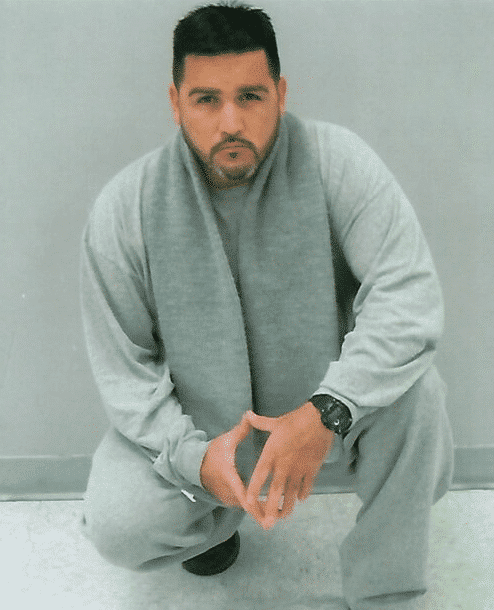My name is Ismael Lira, and I have been incarcerated for over 20 years of a life sentence for cannabis. I was convicted and received a life sentence in connection with the transportation and distribution of cannabis.
Despite 24 states decriminalizing cannabis for recreational use, 40 states, 3 territories, and the District of Columbia legalizing cannabis for medical purposes, our federal legislature remains steadfast in its refusal to decriminalize the substance. This obstinate stance not only contradicts the will of most American states but also underscores an archaic attitude that fails to serve the nation’s citizens. Rather than fostering progress and aligning with contemporary societal norms, the justice system seems entrenched in punitive measures aimed less at rehabilitation and more at prolonged incarceration.
The resulting impact is not limited to those convicted of cannabis-related offenses. It is symptomatic of a broader approach where the justice system appears more focused on ensuring that anyone convicted of any crime serves the maximum sentence allowable by law. This punitive mindset has been fueled by laws that progressively increase incarceration lengths, often stemming from lobbying efforts backed by influential groups such as the Federal Bureau of Prisons Corrections Officer Union.
For the average citizen, the justice system remains a distant thought until they find themselves ensnared by its convolutions. Unfortunately, by then, it is too late. The system’s complexity and the severity of its penalties are starkly revealed when individuals face the daunting prospect of challenging charges against them.
One of the most chilling aspects of the current system is the “trial penalty“, which refers to the significant disparity in sentence length between those who accept plea bargains and those who exercise their constitutional right to trial. This right, routed in the Sixth Amendment, becomes a costly gamble wherein pursuing justice can inadvertently lead to a much harsher punishment.
Compare that with Nordic countries, such as Norway and Sweden, where the justice system prioritizes rehabilitation and reintegration. These nations boast lower incarceration rates, shorter sentences, and greater emphasis on reintegration, ultimately leading to less recidivism. In stark contrast, the United States has not seen a corresponding decrease in crime rates despite its higher incarceration rates and lengthier sentences, suggesting a need to reassess the humanitarian aspect of justice.
AI in the Justice System
Artificial Intelligence (AI) presents a transformative opportunity to address human biases and agendas within the justice system. AI has the potential to ensure a truly fair and full consideration of each case, free from prejudices that may cloud human judgment. Innovations in AI technology offer the promise of a more equitable legal system.
For example, AI-driven programs can analyze vast amounts of legal data to identify patterns and inconsistencies, offering insight that can help prevent wrongful convictions. Additionally, AI has been used to predict recidivism risks, aiding in developing personalized rehabilitation programs that can reduce the likelihood of re-offense. Thus, they focus on the individual rather than a one-size-fits-all punitive approach.
Nevertheless, the criminal justice system is often resistant to change, hesitant to cede authority to AI systems that could challenge the status quo. Integrating AI into the judicial process is challenging, as it requires a paradigm shift towards transparency and accountability that some may find unsettling.
As we look toward the future, it is imperative to embrace AI’s role in fostering a fairer justice system. By leveraging technology to mitigate human error and bias, we can move closer to a model of justice that prioritizes rehabilitation and reintegration, much like our Nordic counterparts.
The words of Enlightenment thinkers resonate with our modern quest for justice. Voltaire famously stated, “It is better to risk saving a guilty person than to condemn an innocent one.” This sentiment echoes the principle that the justice system should err on the side of caution, prioritizing the freedom of the innocent over the punitive excesses currently dominating. As AI heralds a new era of judicial prudence, we must remember these wise words to strive towards a justice system that upholds humanity above all else.
Photo by Wesley Tingey on Unsplash
This post was originally published on this site be sure to check out more of their content.







